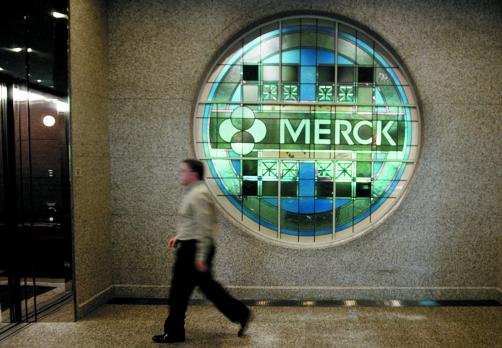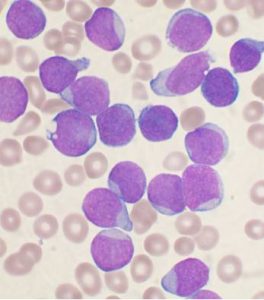
Merck: ‘2014 revenues will be down’
pharmafile | February 7, 2014 | News story | Sales and Marketing | Frazier, Merck, Simponi, Singulair, isentress, q4, results
Merck is the latest pharma company to release figures suggesting 2013 was more of a struggle than it would like, with revenue down 7% for the year to $44 billion.
And it has warned that 2014 will not be any easier, predicting turnover of between $42.4 billion and $43.2 billion.
This spread assumes that AstraZeneca will exercise its option to buy Merck’s interest in Nexium and Prilosec in June, which means that the $920 million of revenue and $352 million of equity income from AstraZeneca for the full year of 2013 will be substantially reduced this year.
As things stand at present, Merck’s sales in the final quarter of last year fell 4% to $11.3 billion.
A mixture of foreign exchange issues and patent expiries – in particular to Singulair, Maxalt and Temodar – are partly responsible for the drop the company says, but it is attempting to keep shareholders onside with cash incentives, returning $11 billion to them in 2013 through dividends and share buybacks.
Sales of asthma treatment Singulair plummeted 69% over the year to $1.2 billion.
Merck chief executive Kenneth Frazier put a positive spin on the figures. “In 2013 we took decisive action to sharpen our focus, reduce our cost structure and advance our innovative research and development,” he said.
“This year we are excited about the potential of our near- and long-term pipeline, poised for long-term growth and committed to providing continued value to patients, customers and our shareholders,” Frazier added.
Q4 pharma sales were down 3% to $9.8 billion, with sales for 2013 as a whole dropping 8% to $37.4 billion.
Sales from emerging markets were up 2% and accounted for a fifth of pharma sales in Q4, rising 3% over the year.
But several brands held their own in 2013: diabetes drug Januvia was part of a franchise whose sales rose 2% to $5.8 billion, while the anti-cholesterol franchise Zetia/Vytorin had sales of $4.3 billion, on a par with 2012.
Anti-inflammatories Remicade and Simponi were up 15% to $2.8 billion, and HPV vaccine Gardasil rose 12% to $1.8 billion despite lower sales in the US.
HIV drug Isentress was another bright spot, rising 8% year-on-year to $1.6 billion, along with herpes zoster vaccine Zostavax, up 16% to $758 million.
Merck also spent less on R&D: $1.8 billion in Q4 – down from $2.2 billion in 2012 – and $7.1 billion over the whole year, a drop of $800 million on the previous year.
“The declines reflect targeted reductions and lower clinical development spend as a result of portfolio prioritisation and increased focus on the company’s key therapeutic opportunities, as well as lower payments for licensing activity,” Merck says.
Adam Hill
Related Content

Merck to acquire Curon Biopharmaceutical’s B-Cell Depletion Therapy
Merck have announced that they have entered into an agreement with private biotechnology company Curon …

Merck and Daiichi Sankyo expand development and commericalisation agreement to include MK-6070
Daiichi Sankyo and Merck (known as MSD outside of the US and Canada) have announced …

CHMP gives positive opinion for Merck’s KEYTRUDA for unresectable or metastatic urothelial carcinoma
Merck (known as MSD outside of the US and Canada) has announced that its anti-PD-1 …






